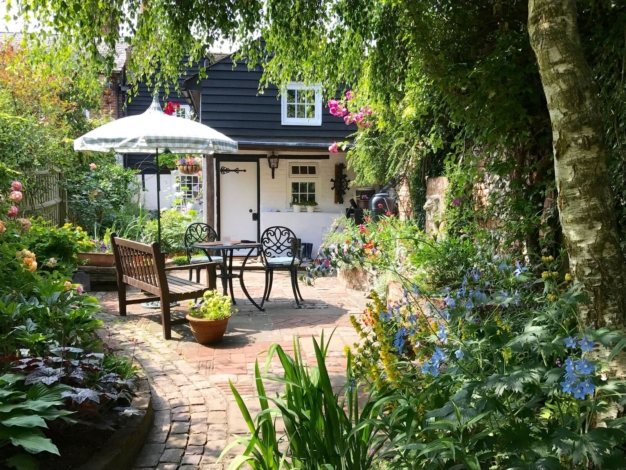Property up to £1m can be inheritance tax free from April

Contact
Table of Contents
Changes to Inheritance Tax Allowances
Changes to inheritance tax allowances mean married couples can leave property worth £1 million tax-free from 6 April 2020.
Impact on Property Values
Modest houses in parts of London and the rest of the country can still fetch over a million pounds, so many of us need to check our wills to ensure our children or grandchildren benefit from the changes to the tax threshold for inherited homes.
Inheritance Tax Thresholds and Allowances
Inheritance tax of 40% currently applies to assets worth over £325,000, with each individual able to claim an additional tax-free allowance when a residential property is passed on to a direct descendant. The allowance will rise by £25,000 this year to £175,000, allowing a married couple to pass on up to £1m tax-free, as long as the family home is included.
- Read our blog post: When do you have to pay Inheritance Tax?
Expert Advice from Osbornes Law
Elspeth Neilson, a private client partner at London law firm, Osbornes Law says, “Anyone with assets over £325K who also has children, needs to make sure that their will takes advantage of this exemption. Failure to do so could mean your beneficiaries paying thousands of pounds more tax than they need to.”
“Your will needs to make it clear that the family home is left to descendants, which can include children, grandchildren, stepchildren, adopted or foster children. Property that is left to nieces, nephews, siblings, friends or unmarried partners will not be covered so you should consider this carefully.”
Considerations for Claiming the Allowance
The benefit does not apply to those who do not have children, and there are various factors to take into account before claiming the allowance. It tapers off for those with estates valued over £2m and does not apply at all for those with estates worth over £2.7m.
Strategies for Large Estates
“If your estate is worth over £2.7 million, it may make financial sense to reduce it in order to benefit from the residence allowance, for example, by making lifetime gifts,” says Elspeth. “If you give money or property to your children to bring down the value of your estate below the £2.7m threshold and you die within seven years, that gift will be added back into your estate for inheritance tax purposes. It won’t be included in the residential tax allowance, allowing your beneficiaries to benefit from that.”
Considerations for Trusts
For those who wish to leave their property to a trust, it is important for the executor of the will to take action to ensure the tax-free allowance applies to the estate.
Elspeth says, “If you are the executor of a will that provides for residential property to pass into a trust, you must ensure that the property is formally appointed to direct descendants to benefit from the residence tax allowance. This must happen within two years after the death of your loved one, otherwise, you will miss out.”
- Read our blog post: Do I Have to Share My Inheritance With My Spouse?
How we can help
We offer a free confidential consultation to anyone who needs advice. Speak to one of our specialist lawyers, contact us by:
- Filling in our online enquiry form; or
- Calling us on 020 7485 8811
Share this article
